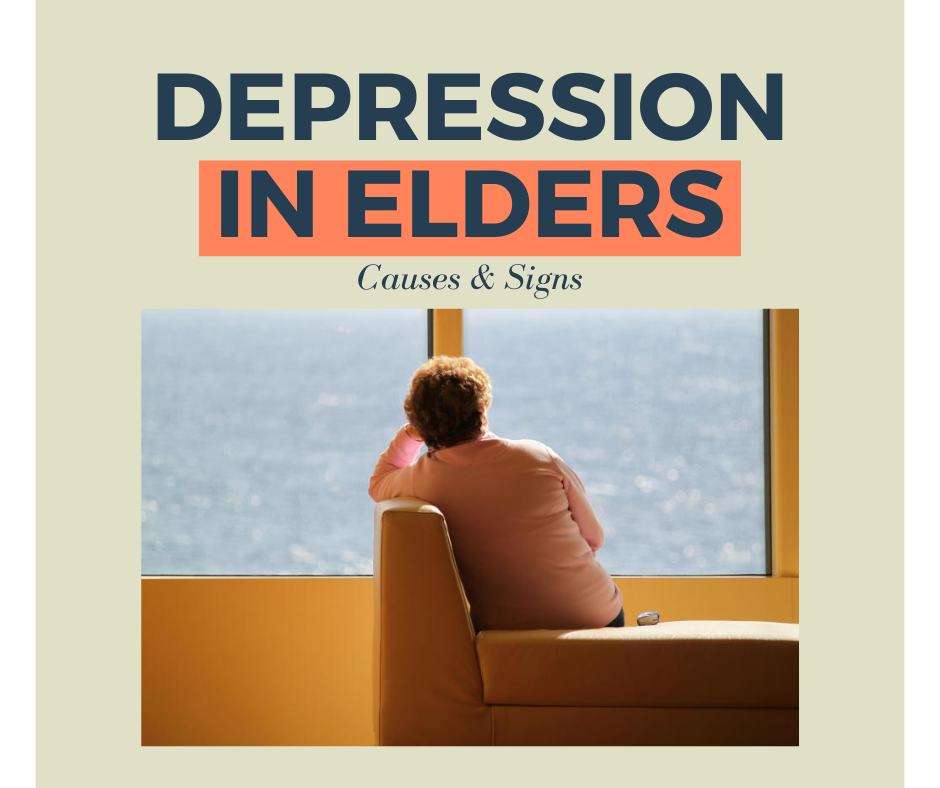Depression in Older People -Causes and Signs
Depression is a mental health condition that can affect people of all ages, including older people. It has been found that more than 10% of elders in general, and more than 30% of elders living in residential aged-care experience depression.
Despite the significant number of older people affected by the condition, most elders do not talk about it, feel a sense of shame, or deny having the condition. When left untreated, it can lead to aggravation of symptoms and delay appropriate assessments.
Therefore, it is important to be aware of what causes depression in older people, and be able to monitor their overall well-being.
There are 3 main causes that lead elderly people to depression:
1. Poor health
With aging, older people are likely to develop medical conditions and experience chronic pain. Medical conditions such as vitamin deficiency, chemical imbalance within the body system, thyroid disease and even infections can cause depression and affect how the body works.
Aside from what these medical conditions do to the body system, it can also affect how the elder feels. This is due to the constant pain and exasperation medical conditions give to them, inducing frustration towards their changing bodies and lifestyles. Losing a sense of control in their body may make them feel less independent, less dignified, and cause worries.
2. Social isolation
It is easy to feel socially isolated as people age. This may be due to friends, family or peers passing away, or having less frequent visits. Also, for elders with low mobility, it is difficult for them to participate in community gatherings, making them feel more isolated over time.
3. Loss in old age
As people age, they may face intense periods of loss. Loss of their loved ones – spouse, family members or friends – as well as loss of their health, pets or home can all contribute to feeling hollow and depressed. While some people are capable of coping through difficult times, repeated loss can trigger depression, especially if the symptoms continue longer than 3-6 months.
Some key signs of depression in elders include:
- Physical symptoms
- Dizziness
- Aches and pains
- Weight loss
- Insomnia
- Memory loss
- Changes in behaviour
- Not leaving the house
- Loss of interest in their usual hobbies
- Not eating well
- Hoarding unimportant items or inability to keep things organised and clean
Another sign of depression is talking and thinking about death frequently. This can be a sign of suicidal thoughts and should be taken very seriously.
If you or someone close to you is in crisis, or at immediate risk of harm, call 000. If you would like to talk to someone about your suicidal thoughts and receive help, call Suicide Call Back Service 1300 659 467 or Lifeline 13 11 14.

